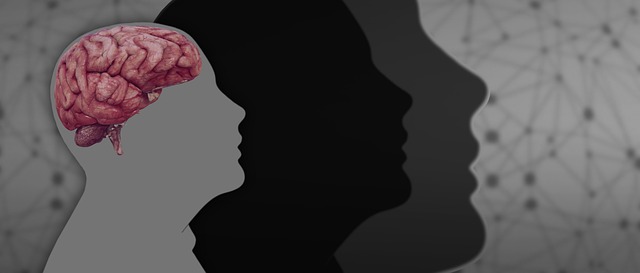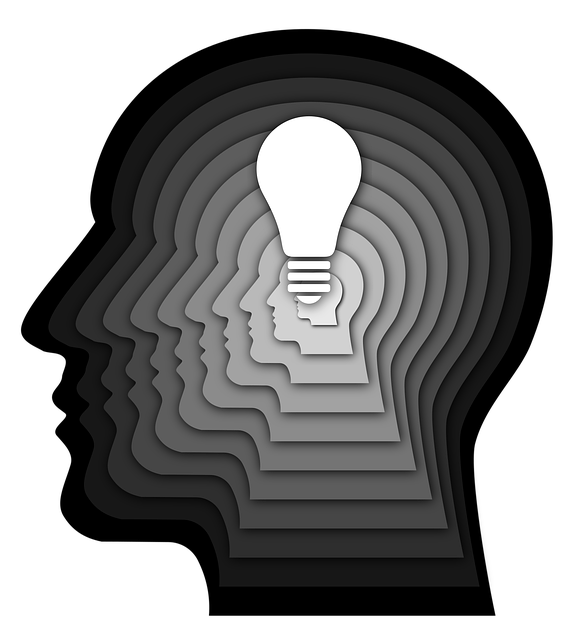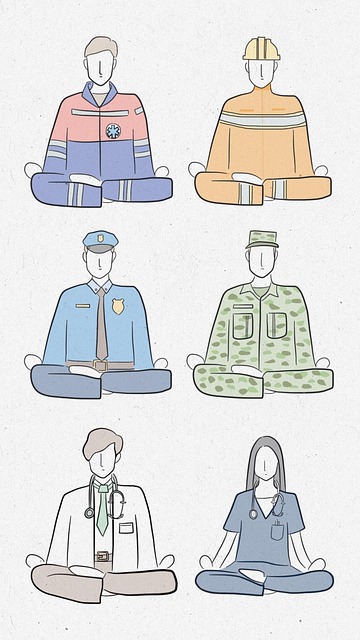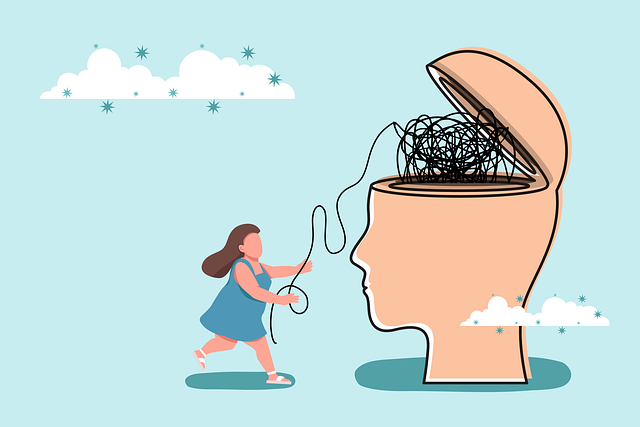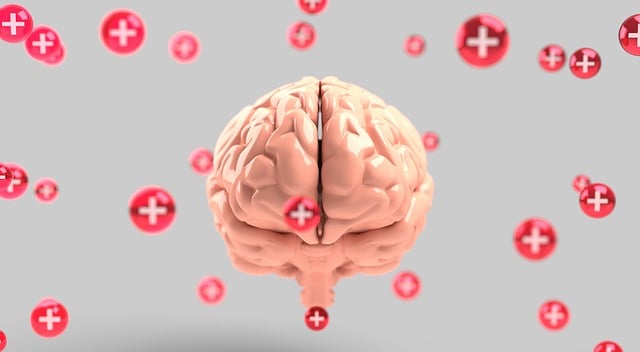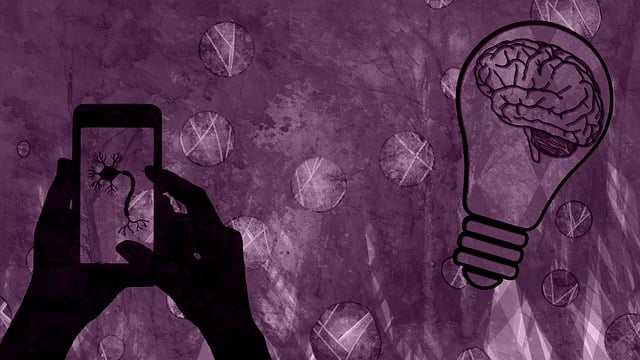Early recognition of depression in adolescents is key, with symptoms like persistent sadness, loss of interest, changes in appetite/sleep, fatigue, feelings of worthlessness, difficulty concentrating, and suicidal thoughts. Prompt intervention through therapy, notably Cognitive Behavioral Therapy (CBT), empowers teens to build inner strength and resilience. Combining CBT with stress management, interpersonal support, and healthy habits prevents burnout and promotes positive mental health for adolescents and teenagers.
Depression among adolescents and teens is a growing concern, but with early intervention and effective strategies, prevention is achievable. Recognizing the subtle signs of depression in this age group is crucial. This article explores various therapy approaches tailored to young people, from cognitive-behavioral therapy to family-focused interventions. Additionally, it delves into practical strategies to build resilience, promote healthy coping mechanisms, and create supportive environments, empowering parents, educators, and peers to play an active role in adolescent and teen depression prevention.
- Recognizing the Signs of Depression in Adolescents and Teens
- Effective Therapy Approaches for Youth Struggling with Depression
- Practical Strategies to Foster Resilience and Prevent Depression
Recognizing the Signs of Depression in Adolescents and Teens

Recognizing the signs of depression in adolescents and teens is crucial for timely intervention and support. While emotions can fluctuate during this developmental stage, persistent changes in mood, behavior, or thought patterns could indicate a deeper issue. Mental Health Awareness emphasizes the importance of being vigilant for symptoms such as severe sadness, loss of interest in activities once enjoyed, significant changes in appetite or sleep patterns, fatigue, feelings of worthlessness or guilt, difficulty concentrating, and recurrent thoughts of death or suicide.
Early detection plays a pivotal role in empowering adolescent and teen therapy, allowing professionals to guide them towards Inner Strength Development. Positive Thinking is not just a catchphrase but a crucial aspect of recovery; encouraging teens to express their emotions openly while fostering resilience can significantly contribute to their well-being. By recognizing these signs, parents, caregivers, and peers can initiate conversations that may lead to the necessary support and treatment, ensuring a brighter future for young individuals navigating mental health challenges.
Effective Therapy Approaches for Youth Struggling with Depression

For adolescent teens struggling with depression, various effective therapy approaches have proven successful. Cognitive Behavioral Therapy (CBT) is a well-studied method that helps young individuals identify and challenge negative thought patterns and behaviors contributing to their depression. By teaching them practical coping strategies and problem-solving skills, CBT equips teens with tools to manage symptoms and improve overall mood. Another promising approach is Interpersonal Psychotherapy (IPT), which focuses on understanding and resolving interpersonal conflicts or difficulties that may be causing or exacerbating depressive episodes. IPT aids in enhancing social skills, improving communication, and building supportive relationships, all of which are vital for adolescent and teen mental health.
In addition to these therapies, integrating stress management techniques and conflict resolution strategies can further benefit struggling teens. Teaching them mindfulness practices, relaxation exercises, and healthy coping mechanisms helps to mitigate stressors that may trigger depressive episodes. Encouraging open dialogue and effective communication within families through Mental Health Policy Analysis and Advocacy also plays a crucial role in creating supportive environments where teens feel understood and empowered.
Practical Strategies to Foster Resilience and Prevent Depression

Depression prevention strategies focus on building resilience in adolescents and teens, who are particularly vulnerable to this mental health challenge. Practical approaches include integrating therapy into their lives early on. Cognitive Behavioral Therapy (CBT), for instance, has proven effective in treating depression and can empower teens with coping mechanisms. By targeting negative thought patterns and teaching them to challenge distorted beliefs, CBT helps improve self-esteem and enhances emotional regulation.
Fostering resilience also involves promoting healthy habits like regular exercise, adequate sleep, and a balanced diet. These lifestyle adjustments can significantly reduce the risk of burnout, which is often a precursor to depression. Public awareness campaigns play a crucial role in educating both teens and their support systems about these strategies, normalizing conversations around mental health, and encouraging help-seeking behaviors.
In addressing depression prevention strategies, recognizing early signs in adolescents and teens is paramount. Effective therapy approaches tailored to this demographic prove instrumental in managing symptoms. Additionally, fostering resilience through practical strategies can significantly mitigate risks. By integrating these measures, we empower adolescents and teens with the tools needed to navigate mental health challenges effectively. For further support, consider seeking professional guidance specializing in therapy for adolescent teens.
